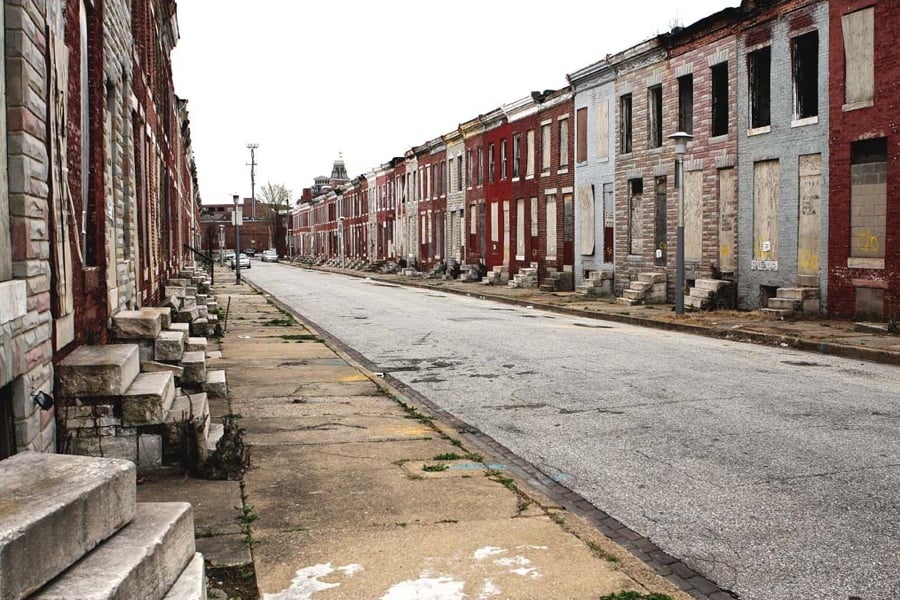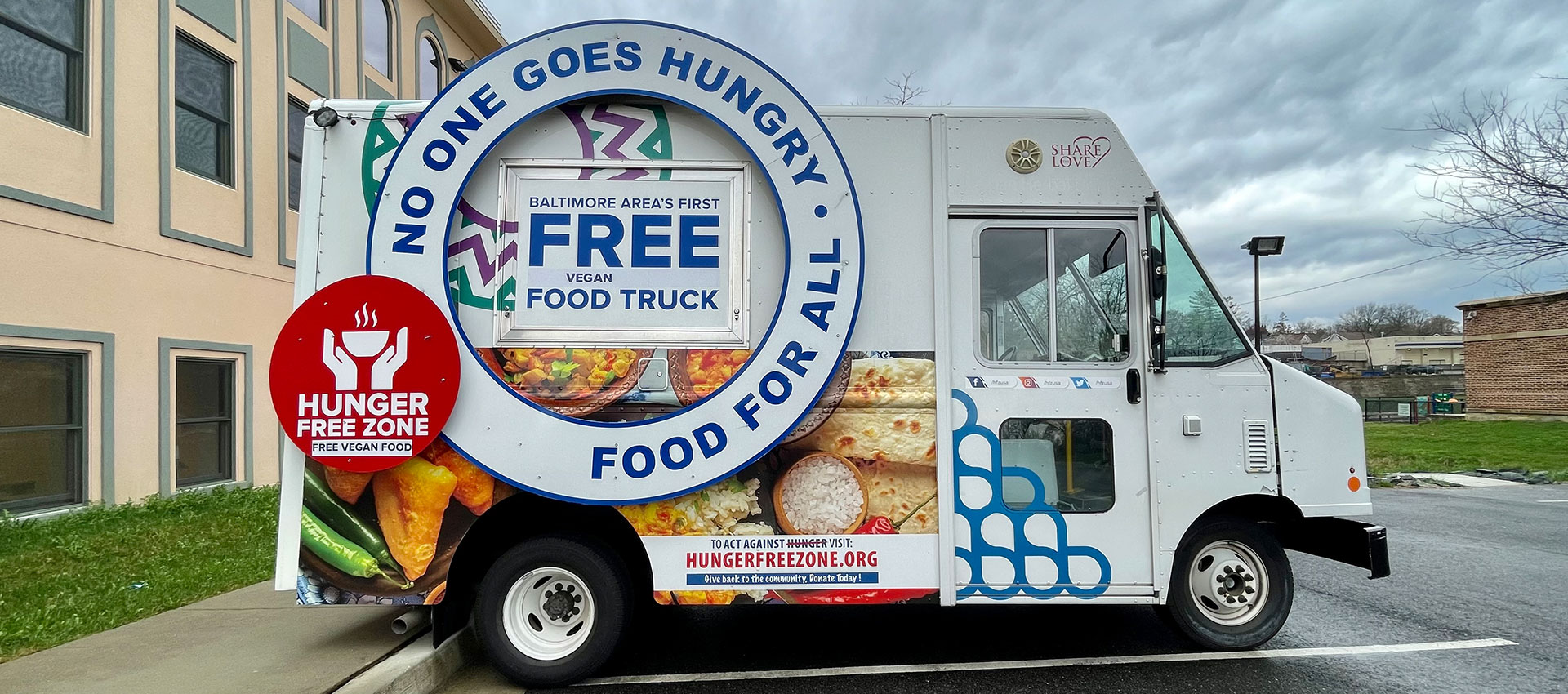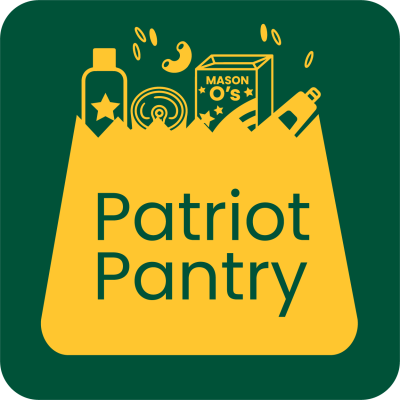
Food Equity United States
Equitable food access in the United States remains a significant issue affecting many individuals and communities. Key factors contributing to this problem include food deserts, income inequality, transportation barriers, systemic discrimination, and limited education and awareness. Addressing these challenges requires supporting community-led initiatives, advocating for policy changes, improving transportation infrastructure, implementing nutrition education programs, and prioritizing equity in decision-making processes. By addressing these issues, we can work towards a future where all individuals in the United States have equal access to nutritious and affordable food, regardless of their background or socioeconomic status.
The Statistics
Our Campaigns

Baltimore's Hunger-Free Zone
The presence of a food desert in Baltimore underscores the importance of addressing the systemic issues that contribute to unequal access to nutritious food and highlights the need for community-based initiatives to promote food security. Food Equity intends to tackle this with the distribution of healthy, vegan food via a mobile food distribution truck.

GMU'S Patriot Pantry
Though one of the richest regions in the United States, Northern Virginia does not come without its issues. Those in need of help are largely overlooked with the region's prosperity often overshadowing the stark reality of food insecurity and inequality. Despite the affluence, many residents, including vulnerable populations, face barriers to accessing nutritious food, and this disparity persists as a hidden challenge.